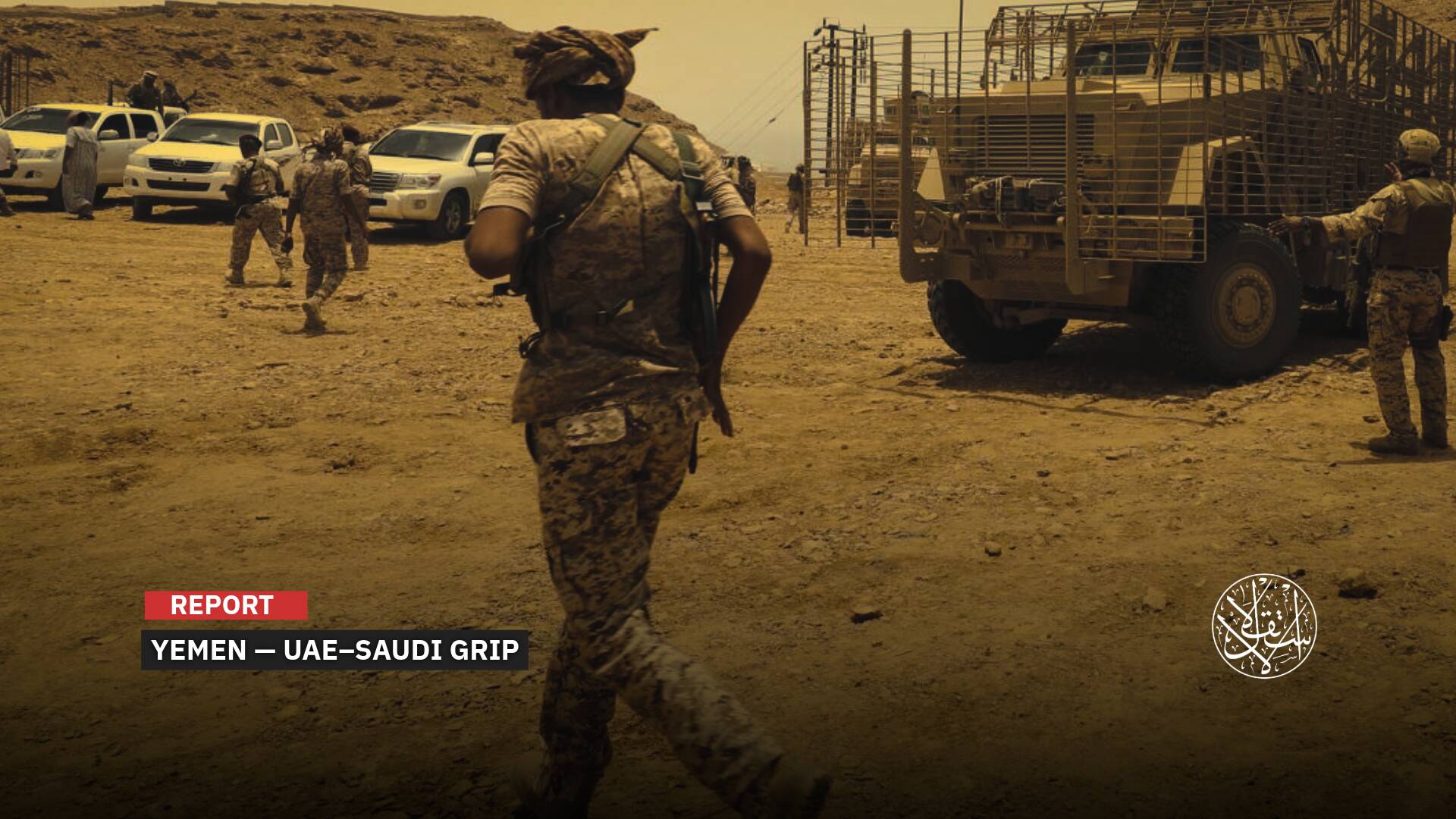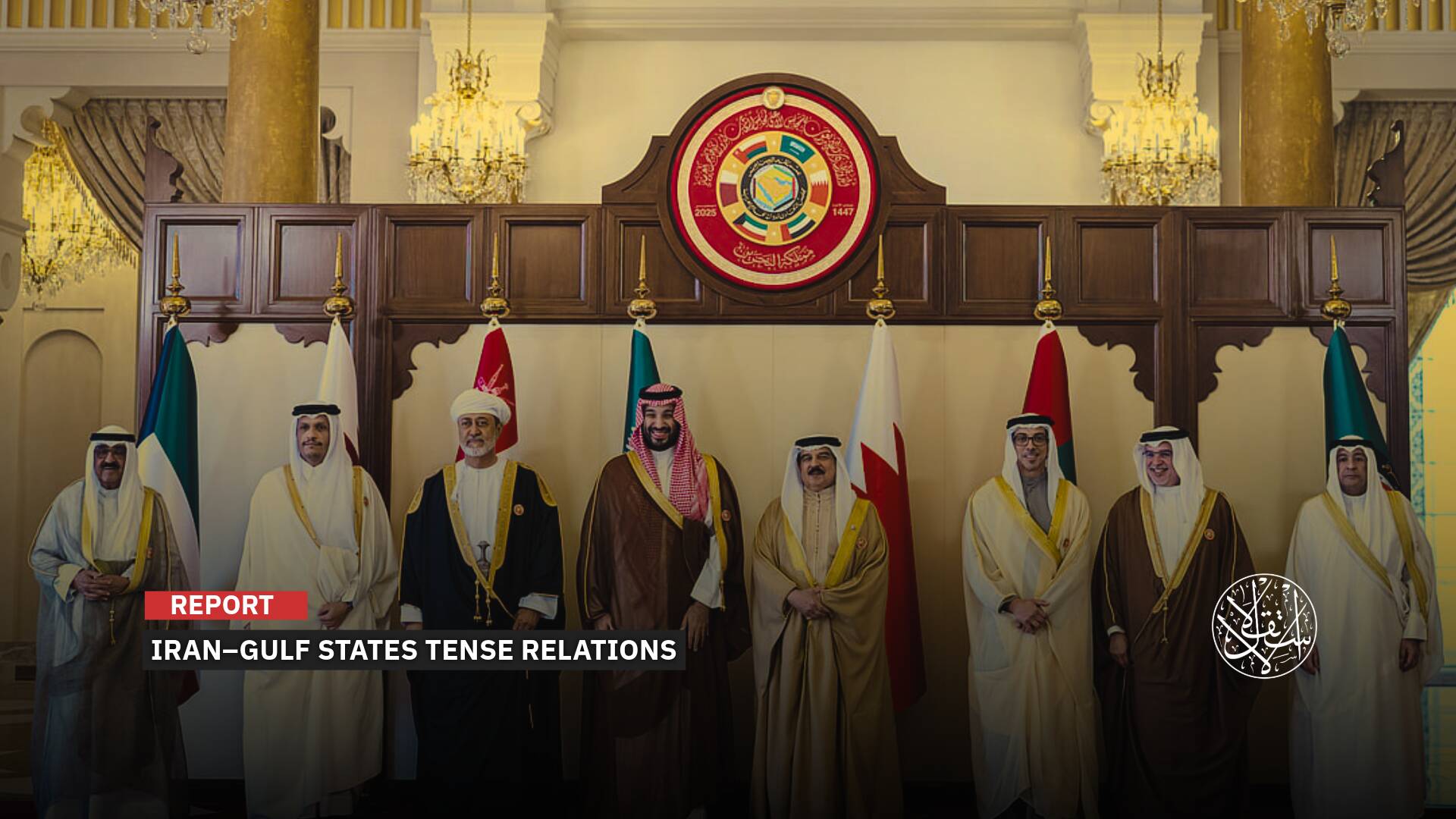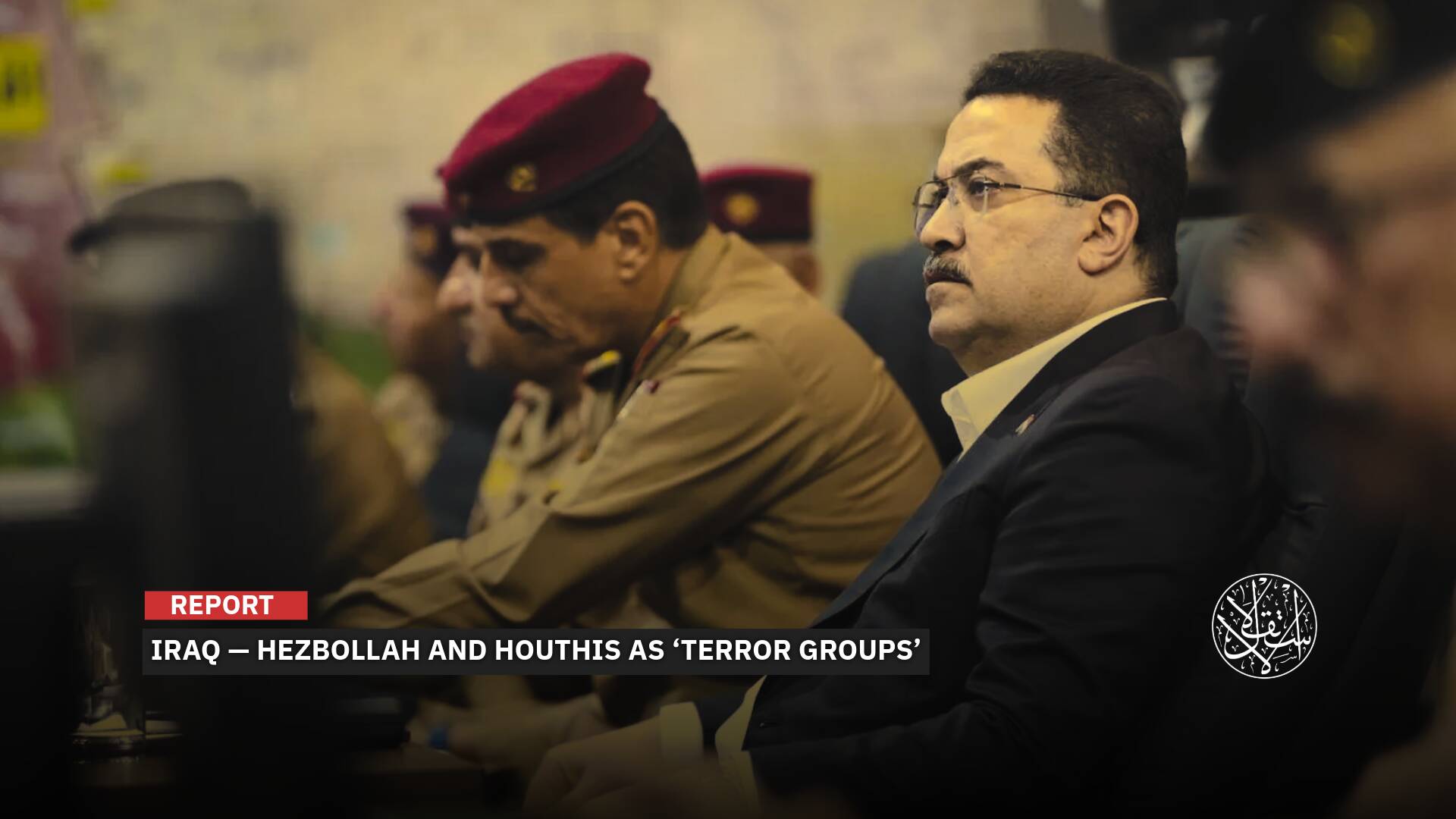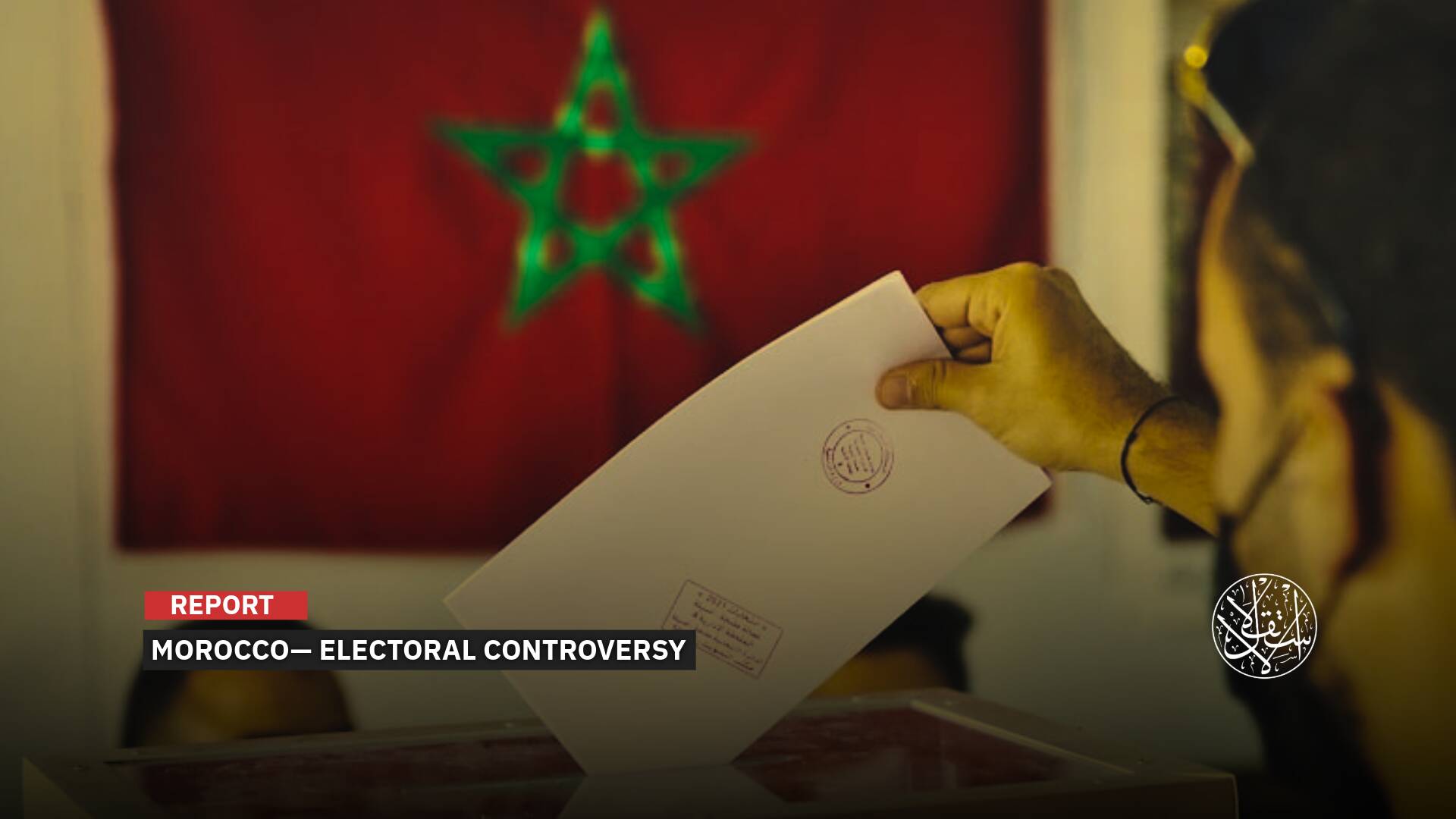Why Did the U.S. Mediation Fail Again to Stop the Bleeding in Sudan?

A high-powered summit on Sudan’s crisis ended in a stalemate, as the country’s military rulers snubbed the talks and refused to meet with regional and international mediators.
The meeting, hosted by Ethiopia’s Prime Minister Abiy Ahmed, brought together leaders and representatives from East African countries, the United States, the United Arab Emirates, Saudi Arabia, Egypt, the United Kingdom, France, and the European Union.
They urged the Sudanese parties to end the bloody conflict that erupted in April and resume dialogue for a peaceful transition.
Army Boycotting
But the Sudanese government delegation, led by the head of the Sovereignty Council Abdel Fattah al-Burhan, boycotted the meeting in protest of Kenya’s President William Ruto chairing the mediation committee of the Intergovernmental Authority on Development (IGAD), a regional bloc.
Sudan accuses Ruto of being biased in favor of the rebel Rapid Support Militia, which controls parts of the Darfur and Kordofan regions.
The Sudanese Foreign Ministry said in a statement that it had asked IGAD to replace Ruto as the head of the mediation committee, citing his “lack of neutrality” and his alleged support for the rebels. It said its delegation was still in Addis Ababa waiting for a response to its request.
Ruto, who read out the final statement of the meeting, said there was “no military solution” to the crisis in Sudan and called for an immediate and unconditional ceasefire and a humanitarian corridor to deliver aid to the affected areas.
He also proposed a direct meeting between al-Burhan and Hemedti, the leader of the Rapid Support Militia, to sign a peace agreement.
Journalist Diya-al-Din Bilal, a supporter of the Sudanese military, criticized the government’s decision to withdraw from the talks.
He wrote on his Facebook page: “I do not see any meaning or benefit from attending an army delegation to Addis Ababa meetings and then withdrawing from them for any reason whatsoever, due to the presence and role of Kenyan President or others.”
once again, and after another major upheaval of sudan, the political process is vague, unclear and is excluding those who are most affected
— M(ihad)ADMAX (@themihad) July 11, 2023
International Forces
The IGAD said it wanted to deploy a force to protect civilians and ensure humanitarian aid access.
The Eastern Africa Standby Force (EASF), a 10-member bloc, is already planning for a possible intervention in Sudan, according to its chief of staff, Osman Abbas.
He said this was a routine procedure whenever a crisis erupted in any of the EASF countries but stressed that the final decision would depend on Sudan’s consent.
Abbas outlined the steps for making such a decision on Twitter, saying that experts, chiefs of staff, defense ministers, and heads of state would all have to meet and agree on the deployment.
But many Sudanese and Ethiopians were not convinced by Abbas’s assurances. They took to social media to express their fears that the foreign troops would worsen the situation in Sudan, where the Army and the Rapid Support Forces have been clashing since October.
Ethiopian Prime Minister Abiy Ahmed also drew fire for his remarks at the IGAD meeting, where he called for a no-fly zone over Sudan and the removal of heavy artillery “to prevent the escalation of the crisis and its impact on the region.”
Sudanese citizens accused Abiy of hypocrisy, saying he had used all kinds of weapons, including warplanes and foreign drones, in his two-year war on the Tigray region.
They said he had claimed that war was an internal matter, despite relying on the Eritrean army and receiving large military assistance from abroad.
Abiy’s statements also faced harsh criticism from activists of Tigrayan origin, such as the well-known activist Mustafa Habashi.
Sudanese blogger and writer Mohamed al-Qasim slammed the army delegation’s boycott of the IGAD meeting, saying they should have attended and voiced their objections, including their stance on Kenya’s presidency. He said the army delegation was influenced by “the populism of al-Bashir’s regime.”
Al-Qasim said in media statements that Abiy’s statements were a grave violation of Sudan’s sovereignty and showed Ethiopia’s ambitions and full bias toward the Rapid Support Forces. He wondered why Addis Ababa was backing Hemedti’s forces and what interest it had in doing so.
Al-Qasim also criticized the leaders of the political parties that participated in the IGAD meeting, urging them to publicly reject Abiy’s demand for imposing a no-fly zone over Khartoum. He also called on them to state their position on the Kenyan president’s talk about deploying regional forces, saying that Sudan did not interfere in the affairs of neighboring countries or make provocative requests like these.
Remarks by President William Ruto during the IGAD Quartet Heads of State and Government Meeting on Sudan:
— Sam Terriz (@Terriz_Sam) July 10, 2023
President Ruto expressed gratitude to Prime Minister Abiy Ahmed Ali and the government of Ethiopia for the warm reception and hospitality.
The IGAD Assembly established the… pic.twitter.com/CiukP4sWao
U.S. Mediation
U.S. envoy pushes for new Sudan deal amid backlash A top U.S. diplomat has urged Sudanese parties to agree on a new roadmap for a civilian-led democratic transition after a meeting with ousted Prime Minister Abdullah Hamdok and regional leaders in Addis Ababa.
Molly Phee, the U.S. Assistant Secretary of State for African Affairs, said the new process should be inclusive and transparent, reflecting the diversity of Sudanese society, including civil society, resistance committees, marginalized groups, youth, and women.
But her proposal was slammed by critics who questioned her credentials and track record in the region, as well as her rise to the helm of the African Affairs Bureau at the State Department.
They also accused her of being vague about the details of the new political deal and of siding with political forces that have lost credibility by aligning with the notorious Rapid Support Forces (RSF) militia.
For the USA to engage effectively in Africa at large and in this case #Sudan , the @StateDept and @SecBlinken must be able to think on their feet.
— I. Cox (@IanECox) July 11, 2023
Molly Phee's track record in the region is entirely questionable, as is the relevance of her career modus operandi in acting… https://t.co/YzEFY2zngq pic.twitter.com/rynvmZCWq7
The RSF has been blamed for atrocities and human rights violations in Sudan, including ethnic cleansing, rape, and displacement of millions of people.
The meeting of the Intergovernmental Authority on Development (IGAD) committee also discussed the humanitarian crisis caused by the war in Sudan, which has displaced nearly 3 million people, including 2.2 million internally and about 615 thousand refugees in neighboring countries.
But the final statement failed to mention any accountability for the RSF’s crimes in West Darfur and Khartoum, where they have evicted residents at gunpoint and used rape as a weapon of war.
The IGAD meeting was seen as a victory for the Sudanese army, which has faced popular anger over its inability to defeat the RSF and its crackdown on protesters. The army has also been accused of random shelling that killed dozens of civilians.












